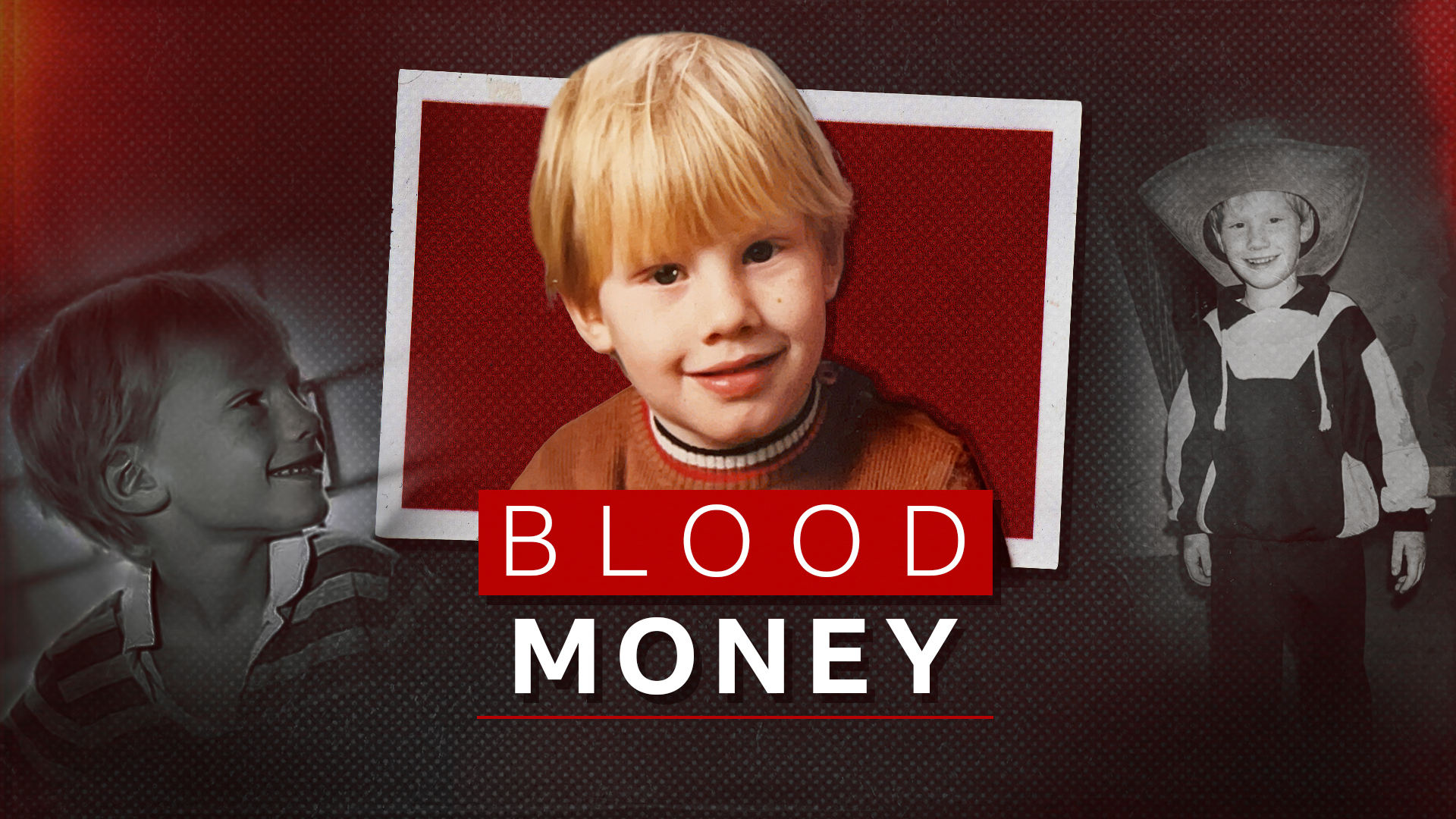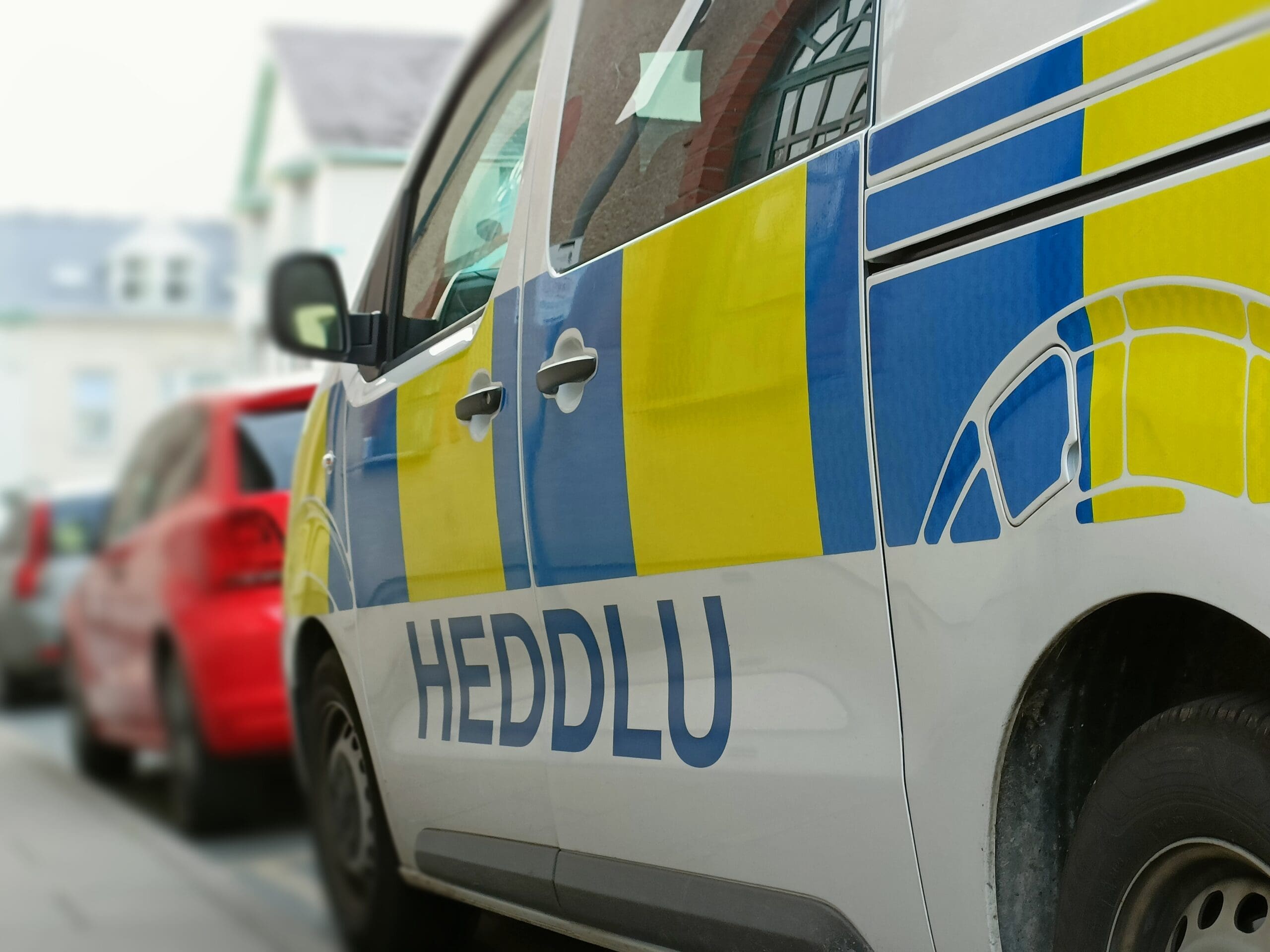News
BBC Wales finds baby was infected with HIV after top doc ignored own rules

THE latest episode of BBC Wales Investigates – broadcasting on BBC One Wales on Monday, April 15 at 8pm – has found that a 10-month-old baby was infected with HIV after a top doctor ignored their own rules.
When Colin Smith contracted HIV through contaminated blood, his parents’ house was daubed with ‘Aids dead’ and his father was forced to leave his job, the programme – Blood Money – finds.
Now 34 years on from his death from Aids at the age of seven, his family are facing another injustice.
BBC Wales Investigates reporter Wyre Davies has uncovered new evidence that Professor Arthur Bloom, the world-renowned doctor who gave him the infected imported blood product, Factor VIII, broke his own rules to do so.
NHS internal guidelines, written by Prof Bloom’s department, clearly shows that children should not be treated with imported blood because of the serious risk of infection.
“This wasn’t an accident,” said Colin senior, speaking in the programme.
“It could have been avoided.”
“I’m telling you, it was all behind a curtain,” said Colin’s mum, Janet.
“Everything Bloom done was not face-to-face it was behind-the-scenes if you like. What Prof said, what Prof done – we knew nothing about.”
Colin was born with the bleeding condition haemophilia. He was one of around 3,000 haemophiliacs who died after being infected with HIV and other viruses, like hepatitis, in imported blood products in the ‘70s and ‘80s.
These viruses got into the supply chain when high-risk donors, such as drug addicts and prisoners, in countries like the USA were paid to give blood donations. Those products were then bought by the UK.
Another victim, speaking for the first time on condition of anonymity, has kept his HIV condition a secret for almost 40 years.
He’s convinced Prof Bloom kept his HIV diagnosis from him while his wife was pregnant, and even tried to convince the couple to abort the child.
“They explained to us the situation that I was HIV positive and not to tell anyone – that was the biggest thing that hit me. Don’t tell anyone, we don’t want to frighten people. Keep it to yourselves and there’s nothing to be done. There’s no treatment available for it,” they tell the programme.
“I just hope to God it never happens again.”
“I think it’s our duty to tell this story because of the number of us that are already dead.”
BBC Wales Investigates has trawled through hundreds of pages of evidence. These documents show that drugs companies making the blood product Factor VIII, which is used to treat haemophiliacs, were aware of the risks of serious infection from the hepatitis virus as early as the 1970s.
The programme reveals that documents from Immuno AG – a pharmaceutical company which made the Factor VIII product used in the UK – shows senior executives knew products made from USA donors had a higher risk of viral infections, but they said the UK market would accept that risk because it was cheaper.
The programme captures the moment Colin Smith’s parents are shown the document for the first time.
“They weren’t worried about people’s health as far as I’m concerned. You get to a stage when you read things like that, to us it was murder,” said Colin’s mother, Janet.
Another Professor, who was mentored by Bloom and treated patients with infected blood products, told the programme that doctors and companies knew imported blood products carried serious health risks.
Prof Edward Tuddenham said: “If you go on selling a product that you know is potentially deadly just because you made a good profit from it, you’ve obviously rated your profit above the health and actually the life of the people who have been given the product.”
“There was a period when we were exposing patients to clearly horrific risk but we didn’t appreciate them or make the correct calculation of risk- benefit.”
Professor Bloom died in 1992.
The programme also examines the role of the UK Government, as the scandal was emerging, and asks why ministers continued telling the public there was “no conclusive proof” that AIDS could be carried in blood products.
And while victims, and families of victims, wait for compensation, the programme speaks to one woman who has been denied a payout, despite being able to prove she was infected with Hepatitis C through a blood transfusion in 1992 – after a cut-off date previously imposed by the government.
“It’s the recognition,” said Caz Challis. “It’s the not being told you’re not worth it. You don’t count. It’s the justice for the people who have been ignored.”
The infected blood inquiry is due to publish its final report on May 20th.
BBC Wales Investigates: Blood Money will be on BBC One Wales on Monday, April 15 at 8pm. It will also be available to watch on BBC iPlayer from Sunday.
News
Local rugby talent Osian Williams selected for Wales Under-20 clash with England

A FORMER Haverfordwest Blues junior has earned international honours after being selected to represent Wales Under-20 rugby union team in their fixture against England.
Osian Williams, who began his rugby journey at Haverfordwest Rugby Football Club, will pull on the red jersey this evening in what marks a proud milestone for both the player and the Pembrokeshire club that helped develop his talent.
Club members said the call-up reflects years of hard work, commitment and steady progress through the ranks, with Williams recognised locally for his determination and performances on the pitch from a young age.
A spokesperson for Haverfordwest RFC said the whole club is “incredibly proud” to see one of their own step onto the international stage.
They added that it is always special to watch former junior players progress to represent their country, describing Williams’ selection as “fully deserved” and an inspiration to the next generation coming through the Blues’ youth setup.
The match against England provides a stern test for the young Welsh side, but for Williams and his family it is also a moment to savour after years of dedication to the sport.
Friends, coaches and former teammates are expected to be cheering him on from Pembrokeshire as he makes his mark in Welsh colours.
Photo caption:
Osian Williams has been selected to play for Wales Under-20s against England (Pic: Supplied).
Crime
Man arrested for murder following death of pensioner in Pembroke Dock

Officers called to Hawkstone Road property as investigation continues and residents urged to come forward
DYFED-POWYS POLICE officers have launched a murder investigation following the sudden death of an eighty-five-year-old man at a property in Hawkstone Road, Pembroke Dock.
Emergency services were called at approximately 1:30pm today (Friday, Feb 6).
Officers attended the scene and enquiries are ongoing to establish the full circumstances of the death.
A man in his forties has been arrested on suspicion of murder and remains in police custody.
Residents can expect to see an increased police presence in the area while the investigation continues.
Anyone with information that could assist officers is urged to come forward.
Information can be provided online, by 101.
Quote reference: 212 of February 6.
Alternatively, reports can be made anonymously to Crimestoppers on 0800 555111 or via their website.
Education
Second west Wales school placed in lockdown within days

Precautionary measures activated at Ysgol Brynteg after morning disturbance outside gates
CARMARTHENSHIRE pupils were kept inside classrooms after a precautionary lockdown was triggered at Ysgol Brynteg on Friday morning (Feb 6), marking the second west Wales secondary school to enter lockdown in the same week.
Police were called shortly after 9:00am following reports of a verbal altercation outside the school grounds.
Officers from Dyfed-Powys Police attended and the Llanelli school activated its safeguarding procedures while the situation was assessed.
No weapons were reported, no injuries have been confirmed and there have been no arrests at this stage. The incident is understood to have involved a dispute outside the site rather than inside the school itself.
Pupils remained indoors under staff supervision while officers made checks. Once police were satisfied there was no ongoing risk, the lockdown was lifted and lessons continued as normal.
A spokesperson said the measure was purely precautionary.
The incident comes just days after armed officers were deployed to Milford Haven School following a serious assault on a teacher, prompting a temporary closure and widespread concern among parents.
While the circumstances in Llanelli were far less severe, the two events occurring so close together have heightened anxiety among families across west Wales.
Schools routinely use lockdown procedures when there is any uncertainty or potential threat nearby, even if the risk later proves minimal. The approach is designed to err on the side of caution and protect pupils while emergency services investigate.
Parents were informed that Brynteg was safe and operating normally once the situation had been resolved.
There is currently no indication that pupils inside the school were directly involved in the disturbance.
The Herald understands enquiries are ongoing.
Both incidents underline how quickly everyday school days can be disrupted, and how safeguarding responses are increasingly becoming part of standard practice across Welsh schools.
Anyone with information about the Llanelli incident is asked to contact police.
-

 Crime2 days ago
Crime2 days agoSex offender jailed after living off grid in Pembrokeshire and refusing to register
-

 Health1 day ago
Health1 day agoHealth board targets rise in steroid and gym drug use across west Wales
-

 News3 days ago
News3 days agoPrincess of Wales visits historic Pembrokeshire woollen mill
-

 Health5 days ago
Health5 days agoDoctor struck off after sexual misconduct findings at Withybush Hospital
-

 Crime1 day ago
Crime1 day agoTeacher injured and teenager arrested for attempted murder at Milford Haven School
-

 Education6 days ago
Education6 days agoIndustry insight helps marine cadets chart career course
-

 News5 days ago
News5 days agoHerald journalists to feature in true-crime documentary on local lockdown murder
-

 Crime3 days ago
Crime3 days agoHakin man’s appeal delayed again as Crown Court seeks guidance on insurance law


























